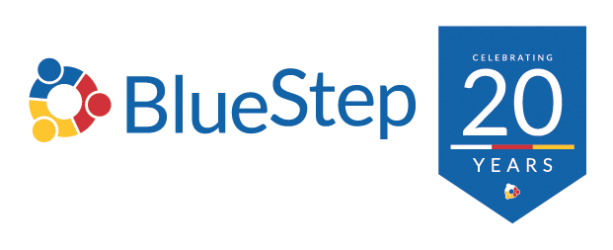In the healthcare world, the behavioral health field is undergoing a significant transformation. As we gain a deeper understanding of mental health and substance use disorders, the need for specialized care tailored to these unique challenges becomes increasingly apparent.
This evolution has brought to the forefront the critical role of behavioral health software, a tool that is becoming indispensable for health providers in delivering effective, efficient, and empathetic care.
Behavioral health software is designed to meet the specific needs of mental health professionals and their patients. It goes beyond the capabilities of general health software, offering features like detailed patient management, customized treatment planning, and secure communication channels. For health providers, this software is a partner in enhancing the quality of care and improving patient outcomes.
As we delve into behavioral health and explore the functionalities and benefits of behavioral health software, it’s clear that these tools are vital for any health provider looking to excel in this rapidly evolving field. They offer a way to navigate the complexities of behavioral health care with greater ease and effectiveness.

Basics of behavioral health software
Behavioral health software is a specialized type of Electronic Health Record (EHR) system designed specifically to meet the unique needs of mental health and substance use disorder treatment.
Unlike general health software, which is often structured around the requirements of physical health care, behavioral health software is tailored to the intricacies of mental health services. This means detailed patient management systems, customized treatment plans, and tools for tracking patient progress.
The primary purpose of behavioral health software is to streamline patient information management, treatment planning, and care coordination. It offers features like secure messaging, appointment scheduling, and billing, all while maintaining the strict confidentiality required in mental health care.
Additionally, this software often includes tools for documenting therapy sessions, monitoring patient symptoms and behaviors, and generating reports that help evaluate treatment plan effectiveness.
What sets behavioral health software apart from general health software is its focus on the nuances of mental health treatment.
It accommodates the need for more frequent and detailed patient interactions, supports the management of long-term treatment plans, and provides a framework for the collaborative care models often used in mental health and substance abuse treatment. This includes integration with other healthcare providers, enabling a more holistic approach to patient care.
In modern healthcare settings, behavioral health software plays a crucial role. It enhances the efficiency and effectiveness of care delivery and ensures compliance with healthcare regulations specific to mental health.
For health providers, this software is an invaluable tool in managing the complexities of behavioral health care, allowing them to focus more on patient care and less on administrative tasks. As the demand for mental health services continues to grow, the role of behavioral health software in ensuring high-quality, patient-centered care becomes increasingly important.
1. Essential features of behavioral health software
The efficacy of behavioral health treatment heavily relies on the quality of the software used by health providers. The essential features of behavioral health software play a pivotal role in ensuring patients receive the best care tailored to their unique needs.
Comprehensive patient management
At the core of effective behavioral health software is comprehensive patient management. This feature allows healthcare providers to create detailed patient profiles that include medical history, medication records, behavioral patterns, therapy session notes, and social determinants of health. Treatment plans within these profiles are dynamic, evolving with the patient’s progress and changing needs.
Progress tracking is another critical aspect. It enables health providers to monitor improvements or setbacks in the patient’s condition, adjust treatment strategies accordingly, and provide informed feedback to the patient and their support network.
Customizable treatment plans
The flexibility to customize treatment plans is a must-have in behavioral health software. Mental health and substance use disorders vary significantly from one individual to another, necessitating a personalized approach to treatment.
Customizable treatment plans allow health providers to tailor their approach to each patient’s specific conditions, preferences, and goals. This customization ranges from adjusting medication dosages to incorporating different therapy modalities, ensuring that each patient receives care best suited to their unique situation.
Secure communication channels
Given the sensitive nature of mental health information, secure communication channels are a non-negotiable feature of behavioral health software. These channels ensure that all interactions between patients and providers remain confidential. This security is not only crucial for ethical reasons but also for compliance with legal standards like HIPAA.
2. Integration and compatibility
The integration and compatibility of behavioral health software are crucial for creating a seamless and efficient workflow for health providers, ensuring that patient care is comprehensive and continuous.
Ease of integration
A key feature of top-tier behavioral health software is its ability to integrate smoothly with existing healthcare systems and EHRs. This compatibility is vital for maintaining a unified source of patient information, reducing the risk of data silos, and ensuring that all healthcare providers have access to the most up-to-date patient information.
Effective integration facilitates a more coordinated approach to patient care, allowing for better communication among different healthcare teams and a more holistic view of the patient’s health history.
Mobile and remote access
In an era where telehealth is becoming increasingly prevalent, mobile and remote access in behavioral health software is more important than ever. This feature allows health providers to access patient information, communicate with patients, and manage care plans from any location.
For patients, it means engaging with their healthcare providers and accessing their health information from the comfort of their homes, which is particularly beneficial for those with mobility issues or those living in remote areas.
User-friendly interface
An intuitive, user-friendly interface is beneficial for both providers and patients. For health providers, a well-designed interface means less time navigating the software and more time focused on patient care. Behavioral health software should present information in a clear, organized manner and make everyday tasks like updating patient records or scheduling appointments straightforward.
For patients, an accessible interface is crucial for engaging them in their own care, especially when using patient portals or telehealth services. A user-friendly design significantly enhances the patient experience, making it easier for them to access their health information, communicate with their providers, and follow their treatment plans.

3. Compliance and security
In the sensitive domain of behavioral health, compliance and security are crucial for the trust and safety of patient-provider relationships. Behavioral health software must rigorously adhere to healthcare regulations, possess robust security features, and receive regular updates and support to maintain its integrity and reliability.
Adherence to healthcare regulations
Compliance with healthcare regulations is non-negotiable for any behavioral health software. This compliance ensures the protection of patient privacy and the confidentiality of their health information. It involves implementing strict protocols for data handling, storage, and sharing.
Health providers must be confident that their software adheres to these regulations, safeguarding them against legal repercussions and maintaining the trust of their patients.
Robust security features
Protecting sensitive patient data from breaches is a significant concern in the digital age. Behavioral health software should have robust security features like end-to-end encryption, secure login processes, and firewalls.
These measures help prevent unauthorized access and data breaches, which can have devastating consequences for patients and providers. The software should also have mechanisms for detecting and responding to potential security threats to keep patient data safe.
Regular updates and support
The digital landscape is constantly evolving, and so are the threats and challenges associated with it. Regular software updates are crucial for addressing new security vulnerabilities and enhancing functionality.
These updates and reliable customer support ensure that the software remains compliant with the latest healthcare regulations and security standards. Health providers should look for software vendors that offer consistent support and proactive updates, ensuring that their software solution remains a reliable and secure tool in their practice.
4. Support and training resources
The successful implementation and utilization of behavioral health software hinge on the availability of comprehensive training resources and ongoing support. It’s essential that health providers have access to training that covers both the technical and clinical aspects of the software.
This training should equip users with the necessary knowledge and skills to navigate the system efficiently, input data accurately, and leverage the software’s features to enhance patient care. Additionally, training should be ongoing, adapting to the evolving needs of the staff and updates in the software.
Equally important is the provision of ongoing support and maintenance. Health providers should have access to a responsive support team capable of addressing any technical issues swiftly and effectively.
Regular maintenance and troubleshooting support ensure that the software remains functional, up-to-date, and aligned with the changing dynamics of behavioral health care. This combination of comprehensive training and robust support is vital for maximizing the benefits of behavioral health software in any healthcare setting.
Behavioral health software solutions with BlueStep Systems
BlueStep Systems is your comprehensive solution for all your software needs. Our expertise spans a diverse range of healthcare sectors, including assisted living, pharmacies, and behavioral health.
At BlueStep, we understand the unique challenges and requirements of each of these fields, and we’ve tailored our software solutions to meet these specific needs. Whether you’re looking for advanced tools to enhance patient care, streamline administrative processes, or secure sensitive data, BlueStep has the right solution for you.
We invite you to explore the possibilities with BlueStep and choose us as your trusted partner for all your medical software requirements. Let’s work together to elevate the standard of healthcare through innovative technology.





